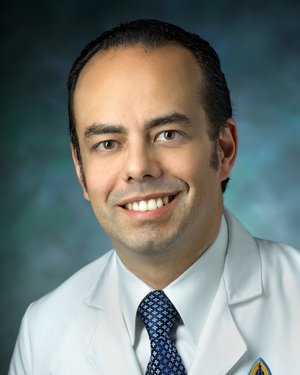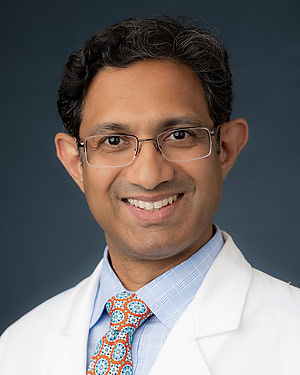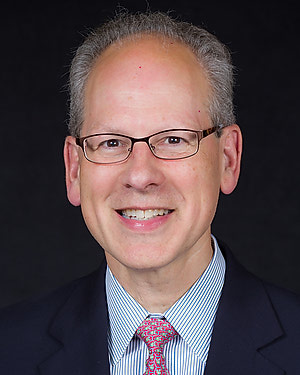Henry Eric Fessler, MD

- Director of Education, Division of Pulmonary and Critical Care
- Professor of Medicine
The Genes to Society course is a 15-month course that extends from January of Year One to December of Year Two. This course presents an integrated understanding of human health and disease using the framework of physiologic systems. Several scientific disciplines, including biochemistry, cell biology, epidemiology, pathology and pharmacology are presented in each system. The course uses a combination of lecture, readings, small-group problem-solving, virtual microscopy, pathology laboratories and student-led workshops to achieve learning goals.
The two main course goals are to:
The systems are organized into Scientific Foundations of Medicine Courses and Organ Systems Foundations of Medicine Courses.
The course directors for the Scientific Foundations of Medicine Courses are Brendan Cormack, Ph.D. and Organ Systems Foundations of Medicine Courses are Rakhi Naik, M.D., M.H.S. and Arun Venkatesan, M.D., Ph.D. Each section has a section leader who plans the pedagogy for that section.






Pamela McCann, M.S.
Sr. Medical Training Program Administrator
Email: pmccann3@jhmi.edu
Grace Bryant, M.Ed.
Medical Training Program Administrator
Email: gbryant7@jh.edu
The course runs for 22 weeks.
Typical schedule for Genes to Society Course: Year Two:
| Week 1 | 2 | 3 | 4 | 5 | 6 | 7 | 8 | 9 | 10 | 11 | 12 | 13 | 14 | 15 | 16 | 17 |
|---|---|---|---|---|---|---|---|---|---|---|---|---|---|---|---|---|
| Genes to Society Pulmonary Renal | TIME: Substance Abuse | Genes to Society Cardiovascular GI / Liver GI / Liver Endocrine | ||||||||||||||
| Longitudinal Ambulatory Clerkship | Longitudinal Ambulatory Clerkship | |||||||||||||||
| Scholarly Concentrations | Scholarly Concentrations | |||||||||||||||
| 18 | 19 | 20 | 21 | 22 | 23 | 24 | 25 | 26 | 27 | 28 | 29 |
|---|---|---|---|---|---|---|---|---|---|---|---|
| TIME: Patient Safety | Genes to Society Reproductive Musculoskeletal | Transition to the Wards | |||||||||
| Scholarly Concentrations | |||||||||||